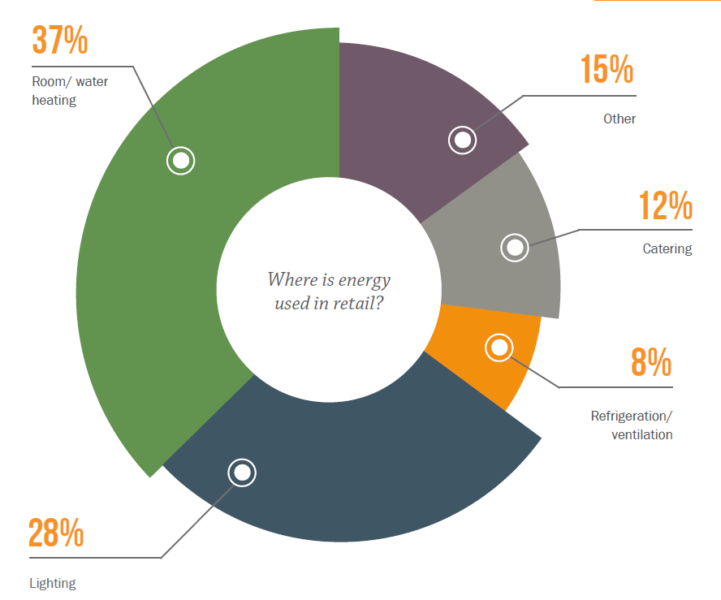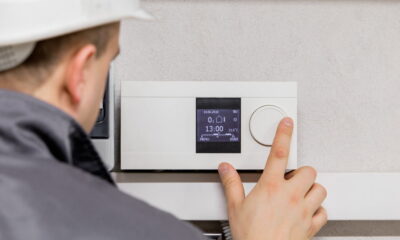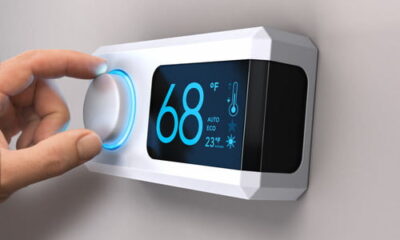

Energy
UK retailers are wasting £300 million worth of energy!
Change in retailing is constant, but continual flux is causing a crisis. Many stores in the UK are struggling to exist as the sector is buffeted by mounting costs caused by waves of change: from morphing shopping habits to the introduction of the National Living Wage, and now rising import prices post-Brexit.
Commissioned by UK utilities consultancy Utilitywise, the energy retail whitepaper available to download below will benefit small to medium sized retailers by showing how they can improve energy efficiency and make big savings without having an impact on their customers’ experience.
Is energy-saving worth doing?
Did you know a 20% cut in energy costs represents the same bottom line benefit as a 5% increase in sales in many businesses?
So if a shop’s turnover is £20,000, that’s the equivalent of an extra £1,000 – enough to create a website, train staff in sales techniques or upgrade to LED lighting: all ways retailers can improve their offering and attract customers.
Monitoring = Control
Only 20% of retailers monitor their use of energy and water, but without data it’s impossible to gain a detailed picture of where savings could be made. Guesswork is not enough, because different retailers have different business practices and equipment. Existing circumstances can have a huge impact on the energy used and saved.
Guesswork is not enough, because different retailers have different business practices and equipment. Existing circumstances can have a huge impact on the energy used and saved. Refrigeration systems, for example, can account for 30-60% of electricity used in convenience stores that sell mainly food. On average, lighting is responsible for 28% of a retail outlet’s electricity costs. But for most retailers, the biggest cost (around 40%) is room and water heating. Business energy monitoring devices keep an eye on energy consumption and are easy to install. They take data from meters and other systems and retailers monitor consumption on charts on their desktop.
Utilitywise reckons its Utility Insight product can reduce energy consumption by 33% and water by 50%. As the first step in identifying waste, monitoring can lead to major savings, as our case study shows.
Free WiseLife Connect for 1,000 businesses when they receive a competitive energy contract with Utilitywise.

Shut that door
Heating, ventilation and air conditioning (HVAC) is the biggest energy expense for most retailers. Yet according to the non-profit-making organisation Close the Door, shops in the UK waste £300 million worth of energy just by leaving their doors open and letting heat escape. Closing a shop door in winter can save up to 50% in energy usage, according to research by the University of Cambridge, and 10 tonnes of CO2 a year – that’s three return flights to Hong Kong from London.
Download the Full Utilitywise Retail Whitepaper for free.


 Environment12 months ago
Environment12 months agoAre Polymer Banknotes: an Eco-Friendly Trend or a Groundswell?

 Features11 months ago
Features11 months agoEco-Friendly Cryptocurrencies: Sustainable Investment Choices

 Features12 months ago
Features12 months agoEco-Friendly Crypto Traders Must Find the Right Exchange

 Energy11 months ago
Energy11 months agoThe Growing Role of Solar Panels in Ireland’s Energy Future






























